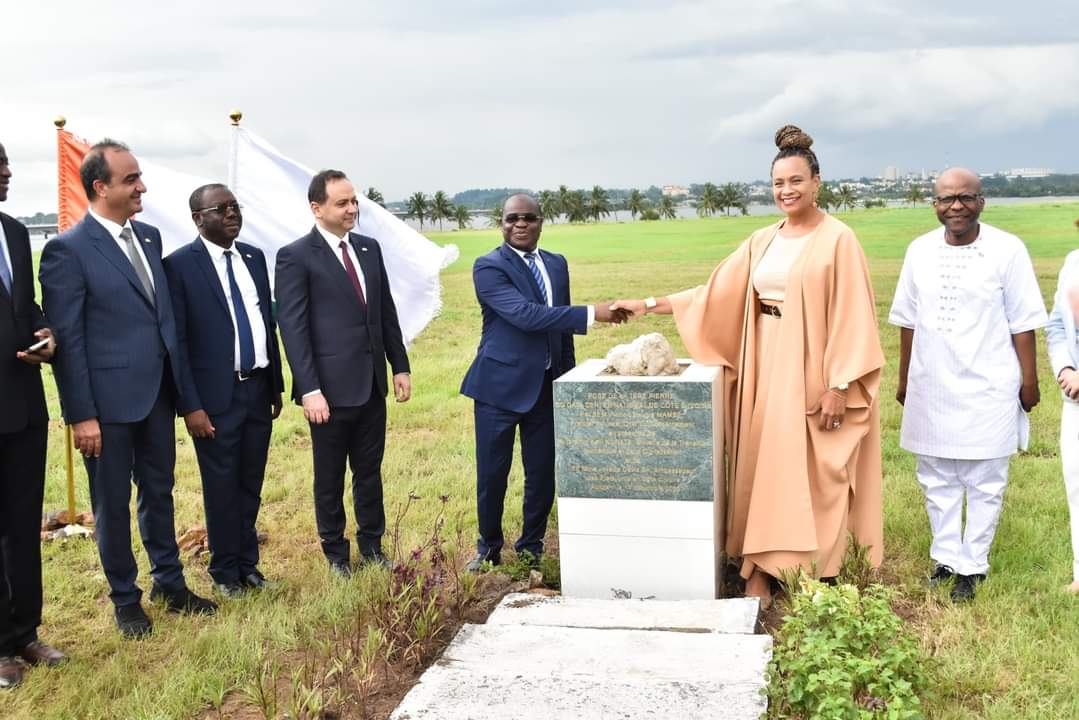Challenges of Digital Sovereignty in Africa
In Africa, the issue of digital sovereignty has become critical in the era of full digitalization. Today, nearly 95% of African data is not hosted on the continent, but rather in cloud infrastructures and servers located abroad. This situation presents several major challenges: cybersecurity risks, technological dependence on foreign providers, and concerns over data privacy. Indeed, when a country’s data is stored overseas, it loses partial control over the protection of this strategic information.
Gabon, like many African nations, has found that its national data is hosted in data centers outside its borders.
This reality highlights a pressing need: to repatriate and secure data locally in order to ensure the digital sovereignty of both the country and the continent.
In response to these challenges, African governments are increasingly launching initiatives to develop local digital infrastructure. Digital sovereignty in Africa depends on the ability to store, process, and protect data within the continent, under national jurisdiction. Beyond enhanced security, this also reduces technological dependency and ensures compliance with local data privacy standards. In this context, the construction of national data centers is emerging as an essential solution to take control of Africa’s digital future.
Data Centers: Critical Infrastructure for Africa
Data centers are often compared to roads or power grids — they are critical infrastructure in the modern economy. They host essential data and applications (e-government services, online banking, digital health, etc.) close to users, ensuring fast access and sovereign control over information. For African countries, having local data centers means strengthening digital resilience and reducing vulnerability to global cyber threats or international internet outages.
Until recently, only a few African nations had advanced data center infrastructure. There are just over a hundred data centers across the entire continent, most of which are concentrated in South Africa, Nigeria, and Kenya.

A Strategic Partnership for a National Data Center in Libreville, Gabon
Aware of these challenges, Gabon has taken a historic step by launching the construction of its first national data center in Libreville. This project is part of the Gabon Digital 2025 Plan, which aims to position the country as a true technology hub in Central Africa.
On Tuesday, January 28, 2025, a strategic public-private partnership agreement was signed in Libreville between the Gabonese Ministry of Digital Economy, U.S. tech firm Cybastion, and Ivorian construction company PORTEO BTP.
Supported by the U.S. Embassy and international financial partners such as Citibank, the agreement includes the construction of a state-of-the-art data center in the Gabonese capital, the modernization of the country’s digital infrastructure, and the training of 1,000 young Gabonese in digital professions.
This national data center — the first of its kind in Central Africa — represents a strategic milestone for Gabon’s digital sovereignty.

PORTEO BTP: African Expertise Driving Gabon’s Digital Transformation
The success of this project relies on trusted partners, starting with PORTEO BTP. Founded in 2011 in Abidjan by Mr. Hassan Dakhlallah, this pan-African conglomerate has, in just over a decade, established itself as a major player in strategic infrastructure across West and Central Africa. Initially recognized for its achievements in traditional construction sectors (roads, buildings, urban development), the group has gradually expanded its expertise into digital infrastructure construction—that is, the development of advanced technological facilities. In Côte d’Ivoire, PORTEO has already proven its capabilities by building a next-generation Tier III+ national data center.
Building on this experience, the group is now exporting its expertise to Gabon—clear proof of the renewed trust of its partners.
“Being chosen to deliver this ambitious project is a recognition of our expertise in building digital infrastructure and our commitment to supporting the continent’s digital transformation,” said Hassan Dakhlallah, Chairman of the PORTEO Group.

Youth Training: 1,000 Gabonese on the Path to Digital Careers
One of the most promising aspects of the project lies in its impact on human capital. The national data center in Libreville is accompanied by an ambitious training program aimed at preparing Gabonese youth for digital careers. More than 1,000 young Gabonese — with a significant proportion of women — will receive free training in tomorrow’s digital skills.
This training program, titled DigiEmpower, is being developed in partnership with U.S. tech giant Cisco. The goal is to equip the new generation with advanced skills in cybersecurity, system administration, and digital infrastructure management.
By training local system engineers, data center maintenance technicians, data protection specialists, and developers, Gabon is investing in the upskilling of its youth and creating high-quality employment opportunities.
“This program includes several initiatives, including skills transfer and 1,000 free training opportunities for young people so they are equipped to maintain these digital infrastructures,” emphasized Dr. Thierry Wandji, CEO of Cybastion.
In summary
PORTEO BTP’s involvement in the construction of Gabon’s national data center is far more than a conventional construction project — it is a tangible contribution to Africa’s digital sovereignty.
In Libreville, the foundations of Gabon’s digital future are being laid. They signal the emergence of an Africa where data — one of the most valuable assets — is protected and leveraged locally, for the benefit of its citizens, its economy, and its sustainable development. An Africa that is increasingly asserting its technological autonomy on the global stage.
Africa’s digital sovereignty is on the move.





